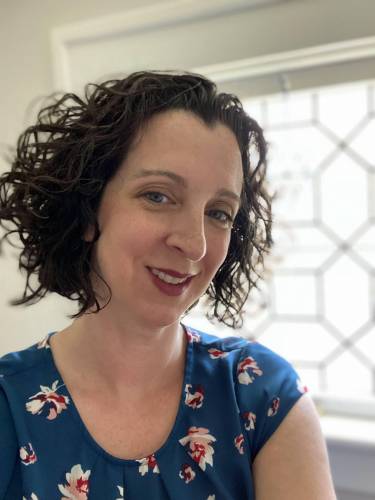
For you always have the poor with you.
Mark 14:7 (NRSV)
As a child, I grew up with the refrain, “We don’t see color.” It was often repeated by adults in my community who meant well, who thought they simplified the Rev. Dr. Martin Luther King Jr.’s message for children’s ears. My parents shared with us the music of Peter, Paul and Mary; we watched “The Cosby Show”; and we had an extra set of grandparents who were a gay couple. Iconic white middle-class liberals in a notoriously conservative pocket of the United States.
This refrain of “we don’t see color” echoed throughout my life. As I grew, I studied history and social studies, and I earned degrees in Political Science and Political Theory. I realized the
narrative that I had been taught about race, color, creed, etc., being “meaningless” was a fallacy. My elders meant well, but they oversimplified the lessons learned by those who fought in the civil rights movement. As the scales fell from my eyes, I learned about the insidious nature of environmental racism, housing discrimination and voter rights denials. In course after course, from story to story, I realized that the colorblindness that I had so professed was part of the more immense evil of systemic racism.
A parallel between the oversimplification of the Rev. Dr. King’s message to a single sentence, and Jesus saying, “The poor will always be with you” in the Gospel of Mark, is not lost on me. After many years of thinking about the intersection of race and poverty, these two stories overlap effortlessly. The Rev. Dr. King reminded us often that we cannot ignore differences away, pay our way out of disparity or simplify the narrative of poverty into sound bites.
Christ wasn’t affirming poverty as a natural state of being when he said the poor will always be with us. He reminded his followers to take moments of joy in their lives and refreshment before coming back to the fight. To be restored in the spirit so that they could dismantle the systems that cause suffering. Jesus tells Judas the poor will be with you always only once. He repeatedly tells those who follow him that they are commissioned to feed the hungry, clothe the naked, comfort the afflicted and visit the imprisoned. The poor are with us is not a mandate to continue to oppress and discriminate, but rather to address the needs as generations come to pass.
Action: Consider where you have accepted things as they are: ignored needs that could be addressed, pled colorblindness, taken hard-heartedness that poverty is an unanswerable issue? How has your perception of race and poverty changed throughout your life?
Prayer: God of the poor, lead us out of complacency and move us away from well-meaning teachings that simply aren’t true. May we not shrug our shoulders at issues of race and poverty, but continue to work for peace and justice for all God’s children. Amen.

The Rev. Kimberly Reinholz is an Episcopal priest, currently between calls, most recently the associate rector of Grace and Holt Trinity Church in Richmond, Virginia. She currently lives in New Jersey with her clergy spouse, two kids and a rescue dog. She has a passion for working with youth and young adults and believes that the church isn’t dying, rather changing. As it was in the beginning is now and ever shall be.
This year’s Path of Peace reflections are designed to help participants explore peacemaking efforts addressing some of the major issues of our time. The theme for the 29 days of the 2022 A Season of Peace is Led Forth in Peace: Critical Areas of Engagement for Peacemakers. With these daily reflections, we are invited to reflect upon ways to practice peace by engaging the following critical areas:
-
-
- Climate change
- Nonviolence

- The intersection of poverty and racism
- Immigration/migration
-